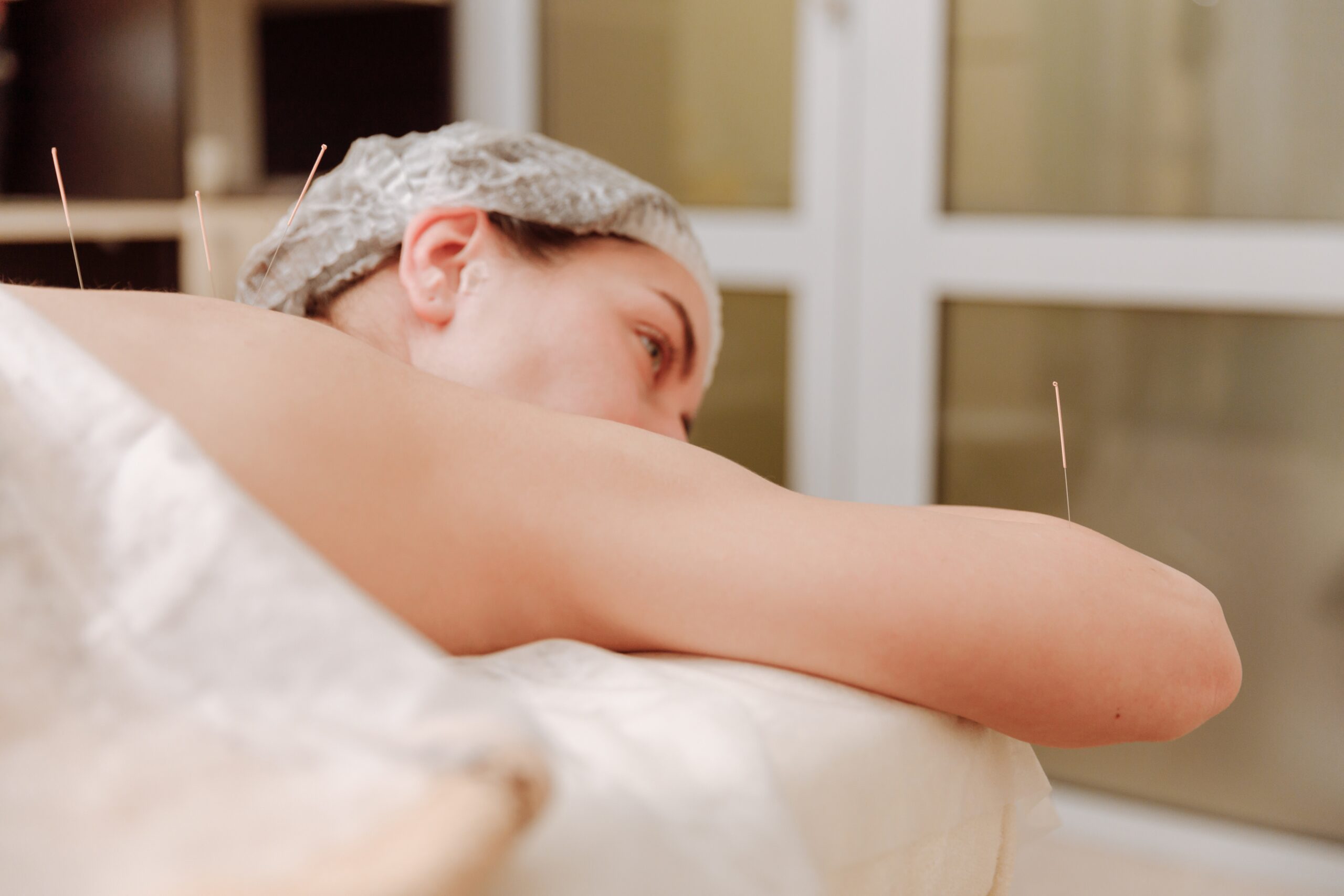There is a huge amount of research on acupuncture. In fact, the World Health Organization has even recommended that it be used in certain cases. This means that there are many people who say that it works.
Acupuncture is an ancient Chinese medical practice. It’s been used for thousands of years to heal people. But, in recent times, it has become more popular. Nowadays, many people are using acupuncture as a way to relieve stress, get rid of pain, and even treat depression. So, if you want to use acupuncture to help with depression, here are the things you need to know.
What Is Acupuncture and How Can It Help Treat Depression?
First of all, let’s talk about why acupuncture works. Traditional Chinese medicine has a theory called the “meridian system.” This is the idea that channels or lines of energy run through your body. These meridians connect to different parts of the body, including the brain.
When you receive acupuncture treatment, the needles are inserted into these points. The needles stimulate the flow of the meridian and cause a reaction in the brain. So, when you have acupuncture treatments, you can expect to feel relaxed and calm.
A form of acupuncture known as auricular therapy (or auriculotherapy) is often recommended for people with mild to moderate levels of depression. Auriculotherapy involves inserting needles into the earlobes to stimulate certain points that are believed to be connected to different brain parts. The stimulation of these points is thought to increase the flow of energy and blood throughout the body, which may ultimately lead to a reduction of symptoms associated with depression.
According to a study published by the National Center for Complementary & Integrative Health, patients treated with acupuncture experienced significantly lower levels of depression than those who didn’t receive it.
Side Effects of Acupuncture
Acupuncture is an ancient Chinese medical practice that involves inserting needles into specific points in the body. These points are called acupuncture points. There are more than 400 different types of acupuncture points, and each one of them works differently.
While it is true that there are some potential risks associated with acupuncture, they are rare. The most common side effect of acupuncture is soreness at the site where the needle was placed. But, this is usually only temporary. In fact, some people say that they feel better after having a session.
Other possible side effects include nausea and headaches. However, these symptoms should subside within 24 hours.
What to Look for in an Acupuncturist
There are a lot of different types of acupuncturists out there. But not all of them will be a perfect fit. So, you need to make sure that you choose the right one. Here are some things that you need to consider when choosing an acupuncturist.
First of all, you need to find someone who is licensed. This is because they need to pass a test to prove their skills. You can ask around if you don’t know anyone with experience. You might also find out more information from your doctor or local hospital.
Secondly, you should look for someone who specializes in treating depression. This way, you will be able to make sure that you are getting the best care possible.
Thirdly, you should make sure that the acupuncturist has a good reputation. You can do this by checking online reviews and asking people you trust for recommendations.
Final Thoughts
There are many different ways that acupuncture can help with depression. For example, it can reduce stress, improve mood, relieve pain, and facilitate better sleep.
It’s important to note though, that acupuncture is not a replacement for conventional medical treatments. Instead, it works alongside them. It can complement and enhance the effects of western medicine. In fact, there are some studies that suggest that acupuncture can actually treat certain conditions better than pharmaceutical drugs.
So, if you think that you might benefit from this type of treatment, get in touch with Dr. Rafael Padro at Mind & Soul Acupuncture at 305-456-1014.

